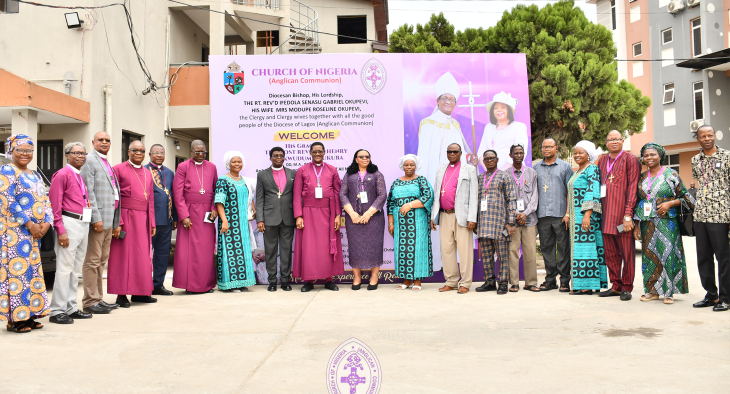The Nigerian Communication Commission has organised training on the use of Information and Communication Technology in modern warfare for cadets of the Nigerian Defence Academy.
The move comes as part of NCC’s efforts to promote the integration of ICT into the military infrastructure of Nigeria and to enhance the capabilities of the country’s armed forces in the realm of modern warfare.
The Executive Vice Chairman and CEO of NCC, Prof Umar Danbata, disclosed this when Officers Cadet of course 72 of the NDA, Department of Computer Science visited the commission in Abuja on Monday.
Danbata noted that no country or military institution should take electronics combat readiness for granted while instructing the Nigerian military to do more in that aspect.
According to him, the potential of Nigeria in terms of cyberspace warfare will be determined by the ideas put forth by the Cadets, adding that the wars could be fought and won in cyberspace without the physical combat readiness of troops, asserting that Information and Communications Technology has become a key factor in winning wars nowadays.
“Electronics combat readiness entails destroying the enemy without physically engaging them. The software you invent can be tested and applied to locate enemy positions, cut the enemy off from the Command and Control Centres and inflict maximum damage on the enemy. ”
He, however, encouraged the Cadets to explore software innovations and develop applications or platforms that can be utilised to enhance the safety and security of Nigeria’s cyberspace, both from external and internal threats.
According to him, the potential of Nigeria in terms of cyberspace warfare will be determined by the ideas put forth by the Cadets, adding that the wars could be fought and won in cyberspace without the physical combat readiness of troops, asserting that Information and Communications Technology has become a key factor in winning wars nowadays.
“Electronics combat readiness entails destroying the enemy without physically engaging them. The software you invent can be tested and applied to locate enemy positions, cut the enemy off from the Command and Control Centres and inflict maximum damage on the enemy. ”
He, however, encouraged the Cadets to explore software innovations and develop applications or platforms that can be utilised to enhance the safety and security of Nigeria’s cyberspace, both from external and internal threats.
He added, “Our telecoms industry is growing steadily and has remained vibrant making enormous contributions to the Gross Domestic Product of Nigeria. Nigeria’s GDP is about 335 billion dollars, far ahead of South Africa.
The NCC is the regulatory body for all happenings in the telecom industry.
“But we are not going to be talking about ICT contributions to GDP, we are going to talk about the bright career ahead of you in the Nigeria Defence Academy and how you can invent software to make electronics combat readiness of Nigeria possible in the nearest future.
Further speaking, the NCC boss emphasised that the commission would back the cadets’ innovative concepts for safeguarding the country’s cyberspace, as cybersecurity has now become a crucial aspect of winning modern battles.
Danbatta added that the NCC holds a vital role in Nigeria’s Joint Intelligence Squad, established by the President, Major General Muhammadu Buhari (retd.), to address the nation’s security issues.
He urged the cadets to prioritise cybersecurity in their research projects, especially regarding data privacy, protection, and security for the country.
On his part, the head of the Computer Science Department NDA, Dr Evwiekparefe Abraham, who led the cadets to the NCC to foster collaboration and familiarise them with the commission’s operations, praised the EVC and the commission’s management for their plans to provide Internet facilities for the NDA.
He added that the Commandant of the NDA expressed gratitude for the Commission’s support towards the military institution.
Punch








